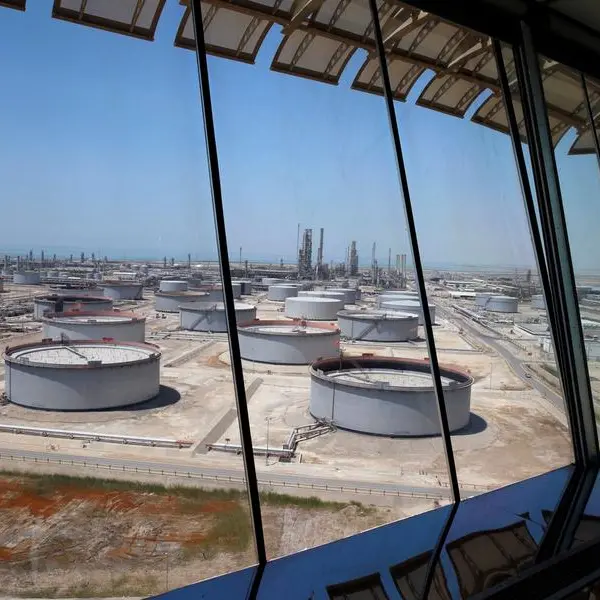PHOTO
Despite favourable oil prices in 2022, high impact exploration drilling by oil companies declined by 21 percent in 2023 due to energy transition strategies, industry consolidation, rising well costs and reduced activity in former hotspots, according to analysis by Londin-based specialist energy market research and consultancy firm Westwood.
Moreover, commercial success rate is down seven percentage points on the previous year, the analysis, titled ‘State of Exploration 2024’ found.
High impact exploration has seen average discovery sizes decline year on year from nearly 500mmboe in 2019 to 220mmboe in 2023 whilst overall finding costs have gone up by a factor of six in the same period.
The findings also highlight a decrease in the number of companies participating in high impact drilling (down from 99 in 2019 to 68 in 2023), with supermajors and National Oil Companies (NOCs) continuing to account for the majority of high impact well equity, at ~60 percent between 2019-2023, and leading the way in terms of both discovered resource and commercial success rate.
However, recent discoveries in Namibia’s Orange basin demonstrate that there are still significant volumes of hydrocarbons to be found and cycle times are reducing, with oil discoveries achieving first production, on average, a year faster than gas discoveries.
Graeme Bagley, Head of Global Exploration and Appraisal at Westwood said the findings indicate that the relationship between high oil prices and high exploration drilling has broken.
“The appetite for exploration is still there but energy transition strategies are having a significant impact on the way the companies choose to replenish their reserves base, with industry consolidation and new technologies also having apart to play,” he said.
(Editing by Anoop Menon) (anoop.menon@lseg.com)
Subscribe to our Projects' PULSE newsletter that brings you trustworthy news, updates and insights on project activities, developments, and partnerships across sectors in the Middle East and Africa.





















